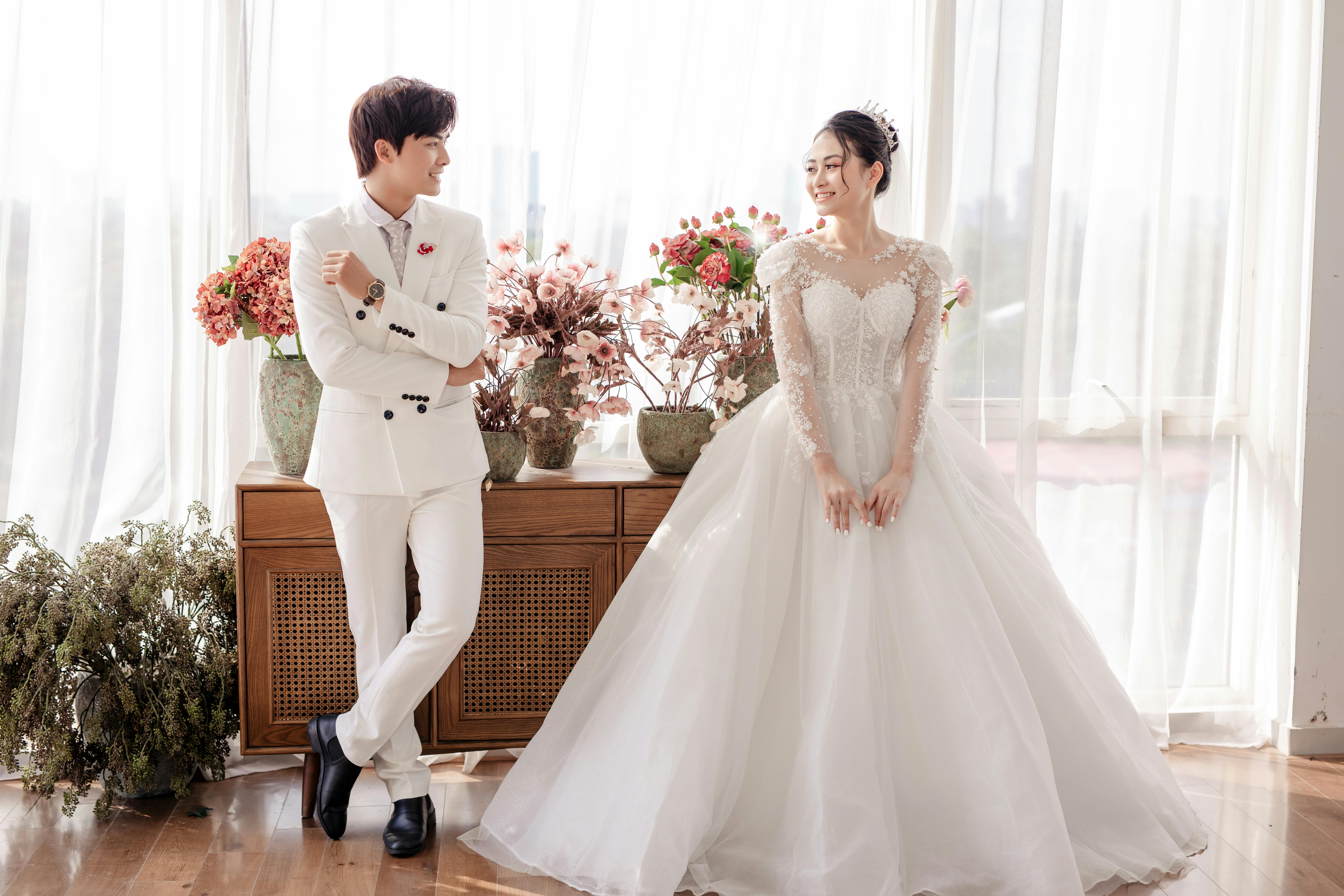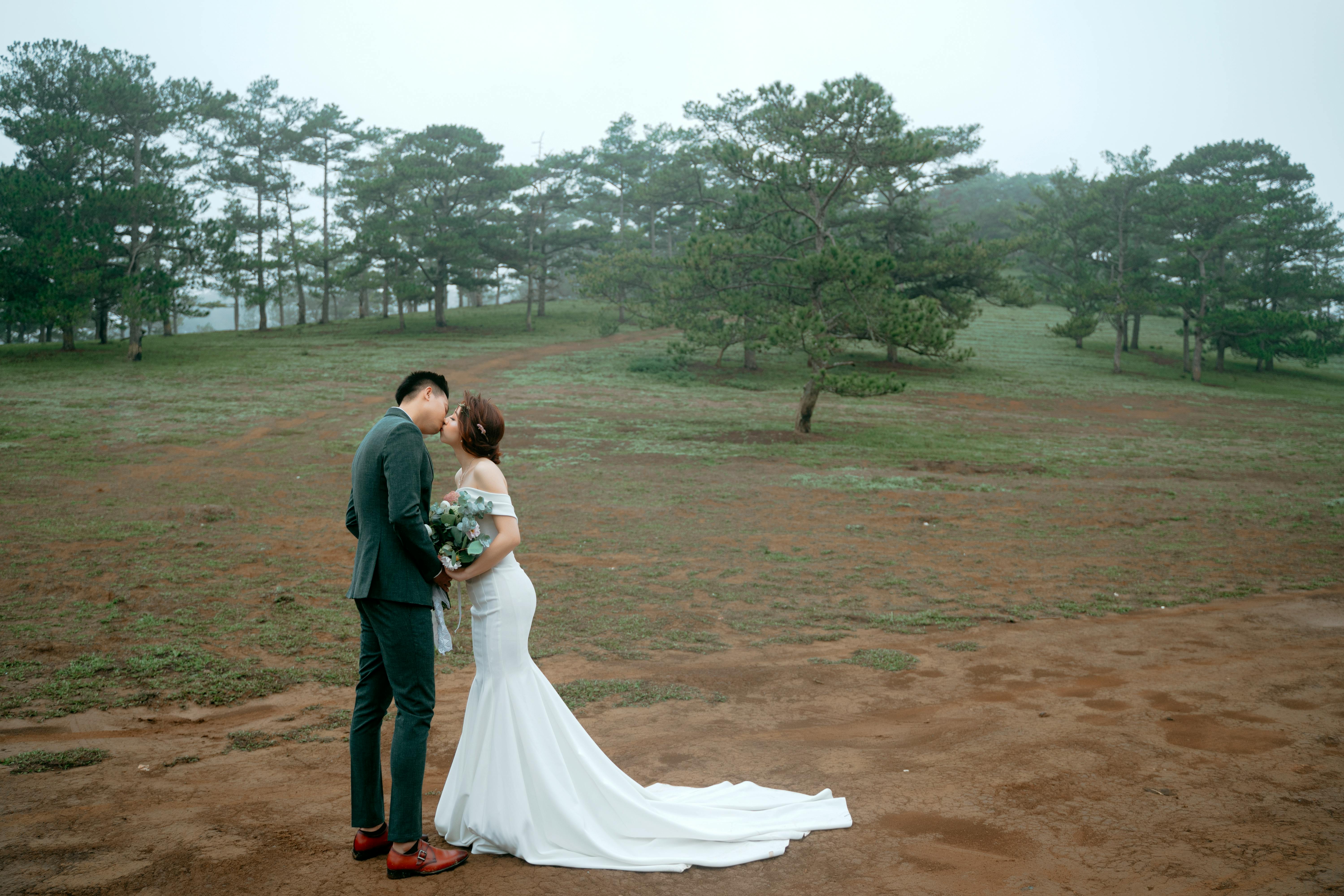
COMMITMENT: Teaching children the lessons of a lifetime
It has been said, time and time again, that for a child to learn what is most important, lessons must be shown through example, not through words. And, if we are going to nurture certain traits within our children, we must first develop those traits in ourselves.
I have been teaching martial arts to children for a decade and a half and I have discovered something amazing about children: they want to learn what is expected of them. Despite all the ‘button pushing’, resistance to their wishes and so on, children want to know the rules and have a deep, almost inherent need to ‘get it right’.
Unfortunately, I have also discovered that many of the parents who bring their children to our programs live by two deeply held desires. And while they express their wishes for their child to develop more confidence, discipline, and respect, not to mention the ability to protect themselves from the dangers they know exist in the world, they will almost always comply with these wishes by default, even though it means their child may never develop these important traits and skills.
What are these wishes?
1) May your child never get mad at themY,
2) they never want to have to say “no.”
Is this true about all parents? Of course not. But it is true about many.
Even without saying these words, the message is simple and clear when presented in the following forms:
“She doesn’t want to come to class and I don’t want to make her.”
“Really,” I say. “And why not?”
‘Excuse me moi?’comes the answer. “I don’t understand.”
“Good,” I add, “Don’t you make her do other things she doesn’t want to do?” “I’m sure you make her brush her teeth every day, go to school even when she says she doesn’t want to, and probably a dozen or more things every day, right?”
“Yes, but that’s different” is often the answer.
“Different?” I ask, “How is that?” “Don’t you think this is important?” “Isn’t it still as important today as the day you brought her in and said she needed to trust and learn to protect herself?”
Here’s another one that my staff and I hear on a regular basis.
“I will not commit my son to a year (or three years) Program. That’s too much for someone her age. she doesn’t know what she wants”
Again, my answer is that the father is missing something in the logic, if logic is what is driving it.
“Is your son in school?” I ask.
“Of course,” comes the answer.
“So you think an education is important and it will take a considerable amount of time to prepare your child for the real world?”
“Yeah. I don’t see what that has to do with karate classes.”
“It has a lot to do with karate classes, because that too is an education. One your child won’t get in school or in a textbook. And, what he learns here in the form of confidence, discipline, pride, the Respect and the ability to stand up for what is right will affect every other part of your life, for the rest of your life.”
Again I hear “But this is different.”
“How?,” I ask. He’s going to school for the next eleven or thirteen years, not counting college. And I’m sure you’ll force him to go, even on days when he doesn’t want to. You’ll have all the right reasons to explain why this is important, right? No sir, this is no different. It is exactly the same. And, if it’s important that your child learn the lessons you brought him here to learn, it’s less important whether he likes it or not. And, as far as he doesn’t know what he wants, that’s what we as parents and teachers are for, right? To guide, provide opportunities and give our kids what they need, even if it’s not what they want.”
Actress Bette Davis was quoted as saying: “If you’ve never been hated by your child, you’ve never been a parent.” I do this because I believe my job is not to be my son’s friend, but to be his guide, mentor and teacher to face the challenges of life. If I don’t do it, who will? And besides, there’s plenty of time to be friends with them after they’ve reached adulthood, have had the same experiences in the world, and can relate on an adult level. There is a big difference between being ‘friendly’ and being ‘friends’.
To many, I’m sure all this seems harsh and many, I’m sure, have already stopped reading altogether. My point is simple. We as parents and teachers are teaching their children regardless of whether we open our mouths and say the words of the lesson or not.
If we are going to teach our children to do what is important, not just what feels good…
…if we’re going to teach them the value of committing to a worthwhile effort because it’s worth it, not just because it’s easy or convenient…
… if we go to teach them not to be abandoned In the game of the life…
…we must instill the lessons either they like us for that or not.
How else can we teach and get our kids to practice things like compromise if we never give them the opportunities to commit Or let them quit because something isn’t fun? When was the last time our creditors let us stop paying our bills because doing so wasn’t fun?
Edward, the English monarch, once condescendingly remarked that we have the problems we do because American parents obey their children and not the other way around. After a decade and a half of watching and helping parents help their children, I don’t know if you’re right, but I do know that the parents who are most committed to their child’s development, regardless of the child’s daily whims – this entity that is changing so rapidly that it doesn’t want the same things from one moment to the next, let alone from one year to the next, usually has much more successful adults to be proud of when their children grow up. They are that commit to teaching commitmentand a hundred other lessons, that they are blessed with a child coming of age who can engage with himself and others and who can be counted on to ‘be there’ when the going gets tough.
You can imagine? What world would we live in if everyone we meet was people like this.






